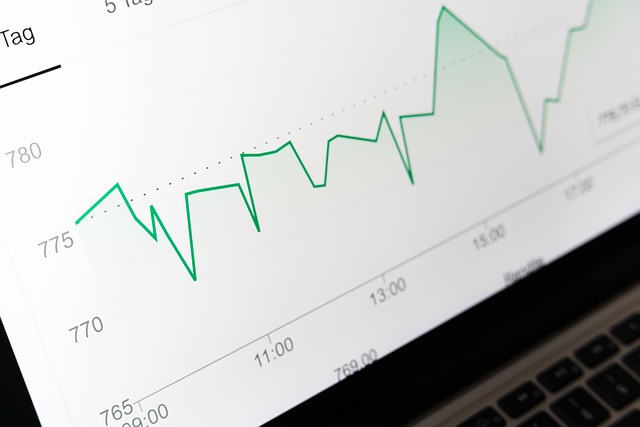According to the data already available from five German federal states, inflation in Germany is falling significantly. The German indices react with a rise.
Prior to the publication of the inflation data for Germany at 14:00 CET, the data for five federal states were published at 10:00. These show a clear slowdown in the rise in consumer prices. Inflation in Baden-Württemberg, for example, amounted to 3.4% last month, one percentage point below the forecast.In Bavaria, the price increase of 2.8% was below the 3% mark and 0.9% lower than forecast. The data from the federal states suggests that the inflation rate for Germany as a whole will also be well below the forecast 3.5%.
The German stock indices reacted to the first data on inflation in Germany with a significant rise in some cases. The DAX is currently up by around 1.05% and the TecDAX by 1.36%. In addition to the German inflation data, the Spanish inflation data was also published in the morning. Contrary to an expected increase of 0.2%, the rise in consumer prices actually fell by 0.3% and stood at 3.2% in November. Even if falling inflation does not suggest a change in interest rate policy is imminent, it is likely that the ECB's cycle of interest rate hikes has come to an end.
In contrast, the euro initially reacted to the German inflation data with losses against the US dollar. A possible end to the European Central Bank's restrictive monetary policy would significantly reduce its current advantage over the US dollar, which is weakening due to the Fed's loosening interest rate policy. The EUR/USD currency pair is currently trading at 1.9073, down 0.15 %.
Advertisment




